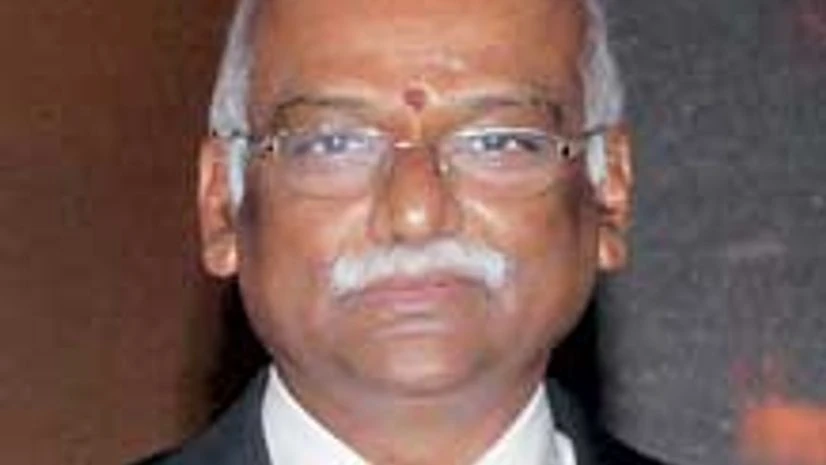The entry of niche lenders in the banking system is going to pose a challenge of a high attrition rate among staffers at existing banks cautioned R Gandhi, deputy governor, Reserve Bank of India.
“We’ve been telling banks to expect people to hop from one institution to another. The old method of developing a cadre and expecting them to continue for life is going to change. Attrition is going to be the norm,” said Gandhi, at an event at the National Institute for Securities Markets.
In the coming months, RBI will be issuing licences for payments banks and small banks. How many is unclear but Raghuram Rajan, the governor, had said the number will be more than two, the number of universal bank licences issued in April last year, to IDFC and Bandhan, of 25 applicants.
This time, RBI has received a total of 113 applications from those keen to set up a niche bank. Gandhi said screening of the applicants had begun.
Earlier this month, RBI appointed an external advisory committee that is going to evaluate the applications after the central bank's initial screening.
RBI also seems to have endorsed the government’s move to provide capital to only the relatively efficient public sector banks.
“The government has decided to apportion the limited resources available on certain parameters. It wants to drive home the message to PSBs that if you are performing well, we will be supporting you,” said Gandhi.
The government has decided to allocate capital to only nine PSBs this financial year, those that have shown efficiency in recent years. Some which are under pressure due to mounting bad loans and depleted capital reserves have been left out. The government has allocated Rs 6,990 crore for capital infusion in nine PSBs this financial year, compared with the Rs 11,200 crore allocated in the interim Budget for the year, announced by the earlier government.
Apart from the surge in bad loans, the rise in restructured assets mght pose another challenge for the banks. With the new debt restructuring guidelines taking effect from April 1, the rush for restructuring in the January-March quarter has begun. As a part of the new rule, banks will no longer be allowed to term restructured assets as standard ones and the provisioning burden on the balance sheet will go up.
"We have been telling banks that there could be slippages in the restructured assets and to take extra care. Some people have given the idea that bad assets can be taken off the books and should be managed by the government. The government has to decide. We are also assessing if this is relevant to us," cautioned Gandhi.
Rating agency ICRA says restructured assets might double in the fourth quarter of this financial year as compared to the quarter ended December. Vibha Batra, senior vice-president and group head for financial sector ratings, said restructured assets worth Rs 25,000 crore in the third quarter could go up to Rs 40,000-50,000 crore in the fourth quarter, ending March.
On banks being allowed to convert debt into equities in highly leveraged and troubled companies, Gandhi said the central bank was in discussion with the Securities and Exchange Board of India for details.
"Recently, in the Companies Act, too, there was some tweaking to help this out. We will finalise with Sebi; we are particularly discussing the pricing part. Sebi has its own rules and the responsibilities to protect minority shareholders' interest vis-a-vis bankers' own requirement," said Gandhi.

)
